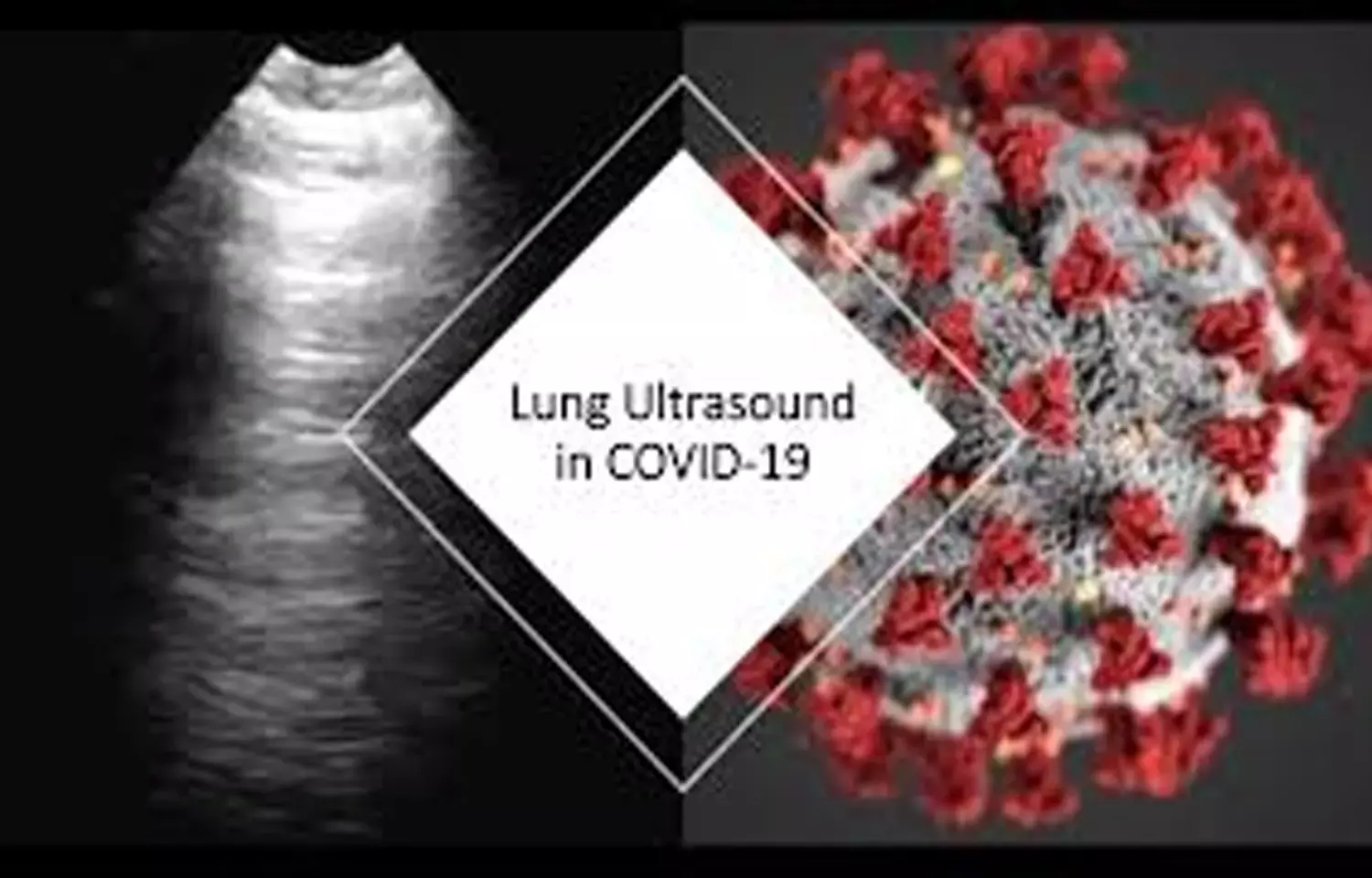- Home
- Medical news & Guidelines
- Anesthesiology
- Cardiology and CTVS
- Critical Care
- Dentistry
- Dermatology
- Diabetes and Endocrinology
- ENT
- Gastroenterology
- Medicine
- Nephrology
- Neurology
- Obstretics-Gynaecology
- Oncology
- Ophthalmology
- Orthopaedics
- Pediatrics-Neonatology
- Psychiatry
- Pulmonology
- Radiology
- Surgery
- Urology
- Laboratory Medicine
- Diet
- Nursing
- Paramedical
- Physiotherapy
- Health news
- Fact Check
- Bone Health Fact Check
- Brain Health Fact Check
- Cancer Related Fact Check
- Child Care Fact Check
- Dental and oral health fact check
- Diabetes and metabolic health fact check
- Diet and Nutrition Fact Check
- Eye and ENT Care Fact Check
- Fitness fact check
- Gut health fact check
- Heart health fact check
- Kidney health fact check
- Medical education fact check
- Men's health fact check
- Respiratory fact check
- Skin and hair care fact check
- Vaccine and Immunization fact check
- Women's health fact check
- AYUSH
- State News
- Andaman and Nicobar Islands
- Andhra Pradesh
- Arunachal Pradesh
- Assam
- Bihar
- Chandigarh
- Chattisgarh
- Dadra and Nagar Haveli
- Daman and Diu
- Delhi
- Goa
- Gujarat
- Haryana
- Himachal Pradesh
- Jammu & Kashmir
- Jharkhand
- Karnataka
- Kerala
- Ladakh
- Lakshadweep
- Madhya Pradesh
- Maharashtra
- Manipur
- Meghalaya
- Mizoram
- Nagaland
- Odisha
- Puducherry
- Punjab
- Rajasthan
- Sikkim
- Tamil Nadu
- Telangana
- Tripura
- Uttar Pradesh
- Uttrakhand
- West Bengal
- Medical Education
- Industry
Lung ultrasound with deep learning models may help stratify COVID-19 risk: Study

Italy: Deep-learning (DL) models can be used to automatically stratify patients on lung ultrasound(LUS) as having an either low or high risk of clinical worsening in COVID-19 patients, according to a recent study in the Journal of the Acoustical Society of America.
In the current coronavirus pandemic, lung ultrasound(LUS) has played an important role in evaluating COVID-19 patients. However, its use remains limited to the visual inspection of ultrasound data that negatively impacts the reproducibility and reliability of the findings. Many different proposed protocols lacked clinical validation.
To address the above problems, Federico Mento, University of Trento, Trento, Italy, and colleagues, were the first to propose protocol and scoring system. Next, they developed the DL algorithms capable of evaluating LUS videos providing, for each video-frame, the score as well as semantic segmentation. They also analyzed the impact of different imaging protocols and demonstrated the prognostic value of our approach. Based on which, they reported on the level of agreement between the DL and LUS experts, when evaluating LUS data.
The results show a percentage of agreement between DL and LUS experts of 85.96% in the stratification between patients at high risk of clinical worsening and patients at low risk.
"These encouraging results demonstrate the potential of DL models for the automatic scoring of LUS data, when applied to high quality data acquired accordingly to a standardized imaging protocol," wrote the authors.
In future work, the researchers plan to expand their existing database and train deep-learning algorithms on video-labeled data instead of just frame-based labeled data. That approach would be more consistent with the process used by clinicians when evaluating lung ultrasound videos, they said.
Reference:
The study titled, "Deep learning applied to lung ultrasound videos for scoring COVID-19 patients: A multicenter study," is published in the Journal of the Acoustical Society of America.
DOI: https://asa.scitation.org/doi/10.1121/10.0004855
Dr Kamal Kant Kohli-MBBS, DTCD- a chest specialist with more than 30 years of practice and a flair for writing clinical articles, Dr Kamal Kant Kohli joined Medical Dialogues as a Chief Editor of Medical News. Besides writing articles, as an editor, he proofreads and verifies all the medical content published on Medical Dialogues including those coming from journals, studies,medical conferences,guidelines etc. Email: drkohli@medicaldialogues.in. Contact no. 011-43720751


